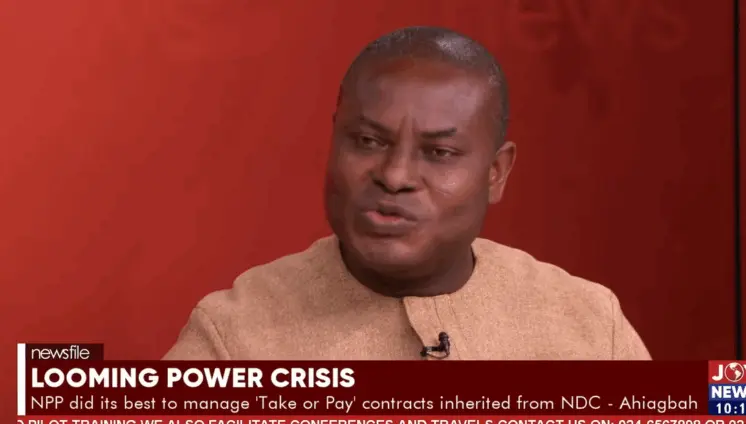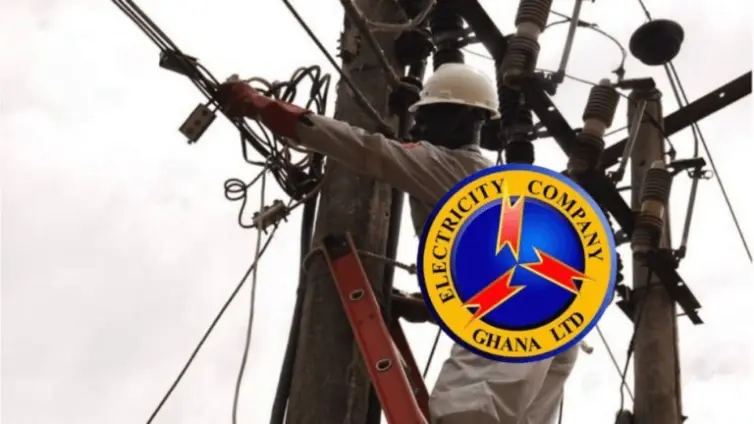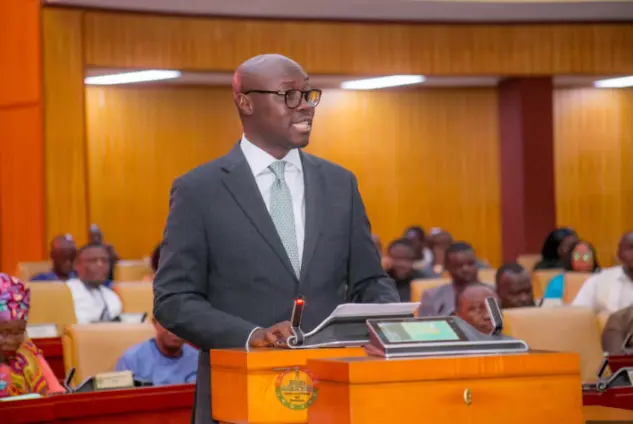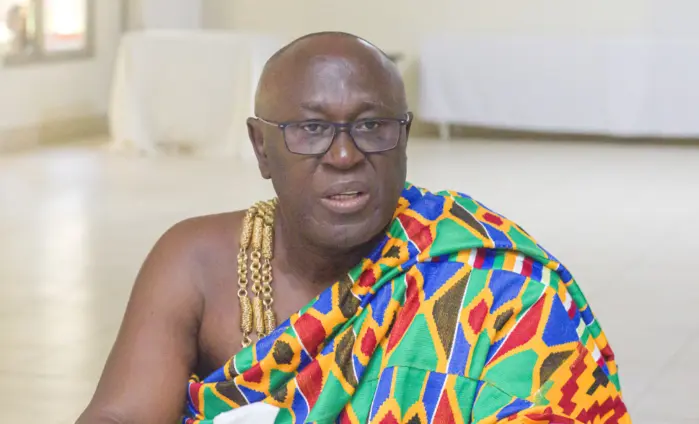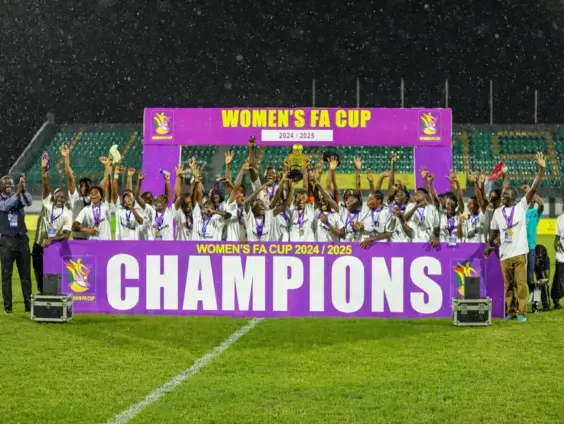The transfer of power in any democracy marks a pivotal moment, a transition not just of personnel but of inherited legacies. In Ghana, as in many nations, this transition inevitably involves a complex mix of successes and failures passed down from previous administrations. Yet, the dominant narrative in Ghanaian political discourse often leans heavily toward the negative, dwelling on issues such as mounting debt, stalled infrastructure projects, and allegations of mismanagement. This begs the question: Why does this one-sided narrative prevail, and what are the consequences of overlooking the full spectrum of a nation’s political and economic reality? A balanced approach to political accountability is crucial for Ghana’s continued progress. Ignoring past achievements undermines national unity and continuity. This article explores this imbalance, advocating for a more nuanced perspective that acknowledges both the assets and liabilities inherited by each successive government, pushing for true political accountability.
New administrations frequently highlight the burdens they inherit—debt levels, unfinished infrastructure, or accusations of mismanagement—to justify policy shifts or distinguish themselves from their predecessors. This emphasis on the negative, while perhaps politically expedient, often overshadows any progress made by previous governments. Completed infrastructure projects, institutional reforms, or successful social programs are rarely acknowledged, creating a skewed perception of past performance and hindering a comprehensive understanding of the nation’s trajectory.
This negative focus does a disservice to both former leaders and the citizens they served. By discrediting the work and achievements of previous administrations, even when significant progress was made, the narrative undermines the foundation upon which future progress can be built. Furthermore, it misleads citizens, depriving them of the comprehensive understanding of the political landscape necessary for informed decision-making. A purely negative narrative hinders the ability to assess the true impact of past policies and to make sound judgments about the direction the country should take.
Recognizing inherited assets is vital for fostering continuity in governance and instilling national pride. When a new administration acknowledges and builds upon the successes of its predecessors, it promotes continuity, preventing the abandonment of beneficial initiatives simply because they were not conceived under the current regime. This continuity is essential for sustained progress and avoids the wasteful cycle of starting anew with each change in power. Moreover, recognizing past achievements fosters a sense of national pride and unity, reminding citizens of their shared history and collective accomplishments. It reinforces the idea that progress is a cumulative effort, built upon the contributions of many, rather than the exclusive domain of any single administration.
Ghanaians, like people everywhere, exhibit a tendency to focus on negative news, a proclivity that can perpetuate the problem of a skewed political narrative. Bad news spreads quickly, and scandals tend to dominate the media landscape, often overshadowing positive developments and achievements. This inherent bias toward the negative can create a self-fulfilling prophecy, where citizens become more attuned to failures than successes, reinforcing a cycle of criticism and disillusionment. The media, as a key purveyor of information, plays a crucial role in shaping public perception. When media outlets prioritize sensational or negative stories over balanced reporting, they contribute to the skewed narrative and hinder citizens’ ability to form objective opinions. To counteract this bias, citizens must demand balanced accountability, holding political actors accountable for both their failures and their successes. This requires a shift from solely criticizing shortcomings to also recognizing and appreciating positive developments and building on past achievements.
If we want better governance, we must demand not just accountability for failures but also stewardship of success.
Shifting from a blame-centric approach to a balanced perspective is crucial for Ghana’s political development. Recognizing both inherited assets and liabilities fosters continuity, promotes national pride, and empowers citizens to make informed decisions. Embrace a more nuanced understanding of political accountability that acknowledges both failures and successes. It’s time to shift the conversation from blame to balance, from criticism to continuity, ensuring a fairer and more complete picture of the state of affairs in Ghana. By demanding balanced reporting and engaging in constructive dialogue, citizens can help shape a more accurate and nuanced understanding of Ghana’s political landscape, fostering a more informed and engaged electorate.
Image Source: MYJOYONLINE











